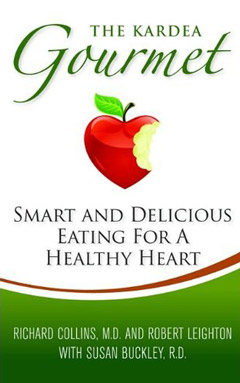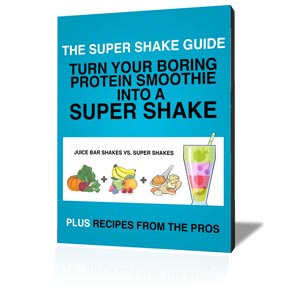It’s funny sometimes how the universe works.
The book I chose to pick up after I finished reading Good Calories Bad Calories was The Kardea Gourmet
. I couldn’t have picked a more opposite book if I had tried.The good folks at Kardea Nutrition actually sent me this book sometime ago, but since I had been “challenged” by my Twitter friend, Robin, to read Good Calories Bad Calories I picked it up first. It’s not a quick read and I got distracted by SXSW. I finally picked up The Kardea Gourmet
a couple of weeks ago.This book also looks at diet and its effect on obesity and heart disease, but has a viewpoint that is a complete 180 from that of the author of Good Calories, Bad Calories, Gary Taubes. Reading the two books back to back was a fascinating example of how science, sometimes the same science, can be interpreted in opposing ways.
A primary example of this is the Framingham study. Launched in 1948, the Framingham study has followed multiple generations of residents of the town of Framingham MA. Much of what we know about heart disease and risk factors can be tied back to this still ongoing study. Taubes references this study as part of his evidence that total cholesterol doesn’t really matter when it comes to heart disease, but instead it is LDL and triglycerides that are to blame. He then goes on to link a refined carbohydrate rich diet to the rise in heart disease and makes the case for a diet populated with meat, eggs, butter and milk to stave off heart disease, diabetes and obesity.
The team at Kardea uses this same study to support a more traditional heart healthy diet. They look to some of the more well known experts when it comes to heart disease, Dr. Dean Ornish and Dr. T. Colin Campbell, and advocate a more traditional balanced plant based diet for a healthier heart and a healthier life.
It’s easy to see then how the general public can get so confused. Two completely different camps using the same study to prove their way is the right way.
As I said before, I believe there is a balance between the two. As a vegetarian, I certainly believe in a plant based diet. In fact one of my main disappointments with the book was that fact that most of the recipes had meat in them. Odd, I thought, for a book strongly advocating a plant based diet as a means to treating heart disease.
I think this book is also easier to grasp for the general public. It’s an easy to read 224 pages of basic information on heart disease, cholesterol, high blood pressure and diabetes. It’s a great place to start when your doctor says you need to do something but doesn’t have time to tell you much more.
Don’t expect a plan, though. While they authors share lots of good basic information and briefly address the low fat/low carb debate they don’t set out their own guidelines. I agree with their recommendation of balance, limiting sugar (especially high fructose corn syrup) and increased consumption of vegetables and fruit but I think most Americans know these things (see my post on the Updated USDA Dietary Guidelines). They just don’t quite know how to achieve them. Telling them to work towards a plant based foundation based on their needs just won’t give most people the structure they need to get started.
I would love to get your opinion on this one. Maybe it’s just me, too far down my own journey to appreciate this book. I want one of my readers to read this book too and write a post for me reviewing this book with their fresh perspective. Leave a comment below telling me what confuses you most about nutrition-heart healthy or otherwise. Post by 10 pm CT April 20, 2011. Open to US residents only and the winner will be drawn at random to receive a copy of The Kardea Gourmet. And remember if you win, you get to write a guest post review.



